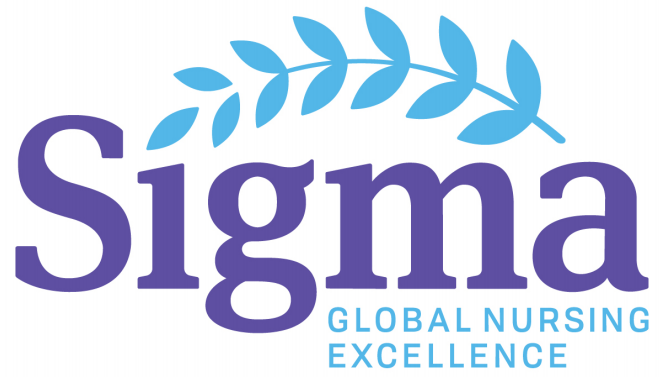Presenter Classification
Undergraduate Student
Presentation Type
Poster Presentation
Publication Date
4-14-2022
Start Date
14-4-2022 3:40 PM
End Date
14-4-2022 4:15 PM
Keywords
lung cancer, fatigue, non-pharmacological intervention
Abstract Type
Scientific Literature Review
Abstract
Abstract
Introduction & Background: One of the most common and debilitating side effects of cancer is fatigue. Fatigue is a general feeling of tiredness or weakness that can greatly impact a patient’s quality of life. It can have a profound impact on a patient’s ability to perform day to day activities and cause emotional distress leading to anxiety and depression. In recent years, there has been an increase in research to look at the effectiveness of non-pharmacological interventions on improving cancer patients’ fatigue.
Purpose Statement: The purpose of our research is to look at the effectiveness of different types of non-pharmacological interventions on improving fatigue in lung cancer patients.
Literature Review: The ETSU Library Database was used to locate the articles reviewed for this research. Only articles that were peer reviewed, open access, and available online were used. Articles that were published in 2016 or before were eliminated in the search to ensure the research’s relevancy. A total of five articles were selected to be reviewed.
Findings: Progressive muscle relaxation therapy, physical therapies such as acupressure, acupuncture, and transcutaneous electrical acupoint stimulation, psychological intervention using the PERMA framework, and light exercise and balance programs consisting of walking in place showed an improvement in cancer patients’ level of fatigue.
Conclusions: Non-pharmacological interventions for fatigue, compared to traditional pharmacological treatments, prove to have fewer adverse side-effects and risks for the patient. Therefore, these interventions are a safer and effective option in managing the distressing symptoms like fatigue that many lung cancer patients face while undergoing treatment.
Included in
Non-Pharmacological Interventions for Fatigue in Lung Cancer Patients
Abstract
Introduction & Background: One of the most common and debilitating side effects of cancer is fatigue. Fatigue is a general feeling of tiredness or weakness that can greatly impact a patient’s quality of life. It can have a profound impact on a patient’s ability to perform day to day activities and cause emotional distress leading to anxiety and depression. In recent years, there has been an increase in research to look at the effectiveness of non-pharmacological interventions on improving cancer patients’ fatigue.
Purpose Statement: The purpose of our research is to look at the effectiveness of different types of non-pharmacological interventions on improving fatigue in lung cancer patients.
Literature Review: The ETSU Library Database was used to locate the articles reviewed for this research. Only articles that were peer reviewed, open access, and available online were used. Articles that were published in 2016 or before were eliminated in the search to ensure the research’s relevancy. A total of five articles were selected to be reviewed.
Findings: Progressive muscle relaxation therapy, physical therapies such as acupressure, acupuncture, and transcutaneous electrical acupoint stimulation, psychological intervention using the PERMA framework, and light exercise and balance programs consisting of walking in place showed an improvement in cancer patients’ level of fatigue.
Conclusions: Non-pharmacological interventions for fatigue, compared to traditional pharmacological treatments, prove to have fewer adverse side-effects and risks for the patient. Therefore, these interventions are a safer and effective option in managing the distressing symptoms like fatigue that many lung cancer patients face while undergoing treatment.



